New paper from ZEN: Biodiversity mediates top–down control in eelgrass ecosystems
* Press Release, 18 May 2015*
WORLDWIDE EXPERIMENT SHOWS THAT SMALL ANIMAL DIVERSITY MAINTAINS HEALTHY SEAGRASS MEADOWS
(Gloucester Point, VA) — Loss of small animals has surprisingly big effects on the health of valuable seagrass ecosystems, according to new results from a coordinated experiment spanning the northern hemisphere and led by biologists from the Virginia Institute of Marine Science (VIMS) and Smithsonian Institution.
The unprecedented experiment conducted simultaneously across 15 sites showed that algae-eating invertebrates control seaweeds that can smother seagrasses, and that more diverse animal communities perform this custodial service more effectively. Unexpectedly, biodiversity had stronger effects on productivity than did temperature or experimental fertilization.
Seagrass meadows provide valuable fish nurseries and protect coastlines, but are declining worldwide. “It’s widely understood that controlling algal overgrowth of seagrasses requires reducing fertilizer runoff, but it turns out that maintaining diverse populations of the bugs and slugs that clean these underwater plants is just as important. Our results provide rare large-scale confirmation of the importance of biodiversity to healthy ecosystems,” said Emmett Duffy, the study’s lead author and Director of the Smithsonian’s Tennenbaum Marine Observatories Network.
The worldwide experiment not only produced important confirmation of the importance of biodiversity, it also established a unique collaborative model for conducting large-scale ecological research, the Zostera Experimental Network (ZEN, www.zenscience.org), which involved scientists and students across seven countries. “Answering global challenges in ecology—from climate change to fisheries management—requires global approaches. The Zostera Experimental Network gives us an unprecedented opportunity to do that in coastal ecosystems”, said Pamela Reynolds, ZEN Program Coordinator and postdoctoral researcher at VIMS and the University of California, Davis.
ZEN’s research was greatly enhanced by leveraging the enthusiasm and contributions of students and international collaborators. “My students feel connected to a global research community, and are empowered to do research in this global context. ZEN has unquestionably revolutionized our approach to local-scale community ecology research,” said Mary O’Connor, co-author and Professor in the Department of Zoology at the University of British Columbia, Canada. The cooperation also produced a major payback on a modest investment, as emphasized by Per-Olav Moksnes of Gothenburg University, Sweden: “ZEN is a great example of what can be accomplished in science, despite limited resources, when a project is driven by enthusiasm of a global-scale collaborative field experiment, and in complete openness of sharing ideas and data.”
ZEN is now in its second generation and has expanded to 25 institutions and more than 50 research sites from the Russian Arctic to Mexico and South Korea. Ongoing work by this collaborative team seeks to understand how the diversity of seagrass animals and plants contributes to fish production, carbon storage and other ecosystem services. “ZEN exemplifies the synergisms of team science,” says co-author Jeanine Olsen, Professor at the Groningen Institute for Evolutionary Life Sciences in the Netherlands. “We’re embracing the diversity of our team of marine biologists,” Pamela Reynolds continues, “harnessing their expertise to do science that transcends borders, continents and disciplines. What happens in our own backyard is important, but by working together we strive to achieve better, more useful science for marine policy, management and conservation.”
The study was published in Ecology Letters and supported by grants from the National Science Foundation and local support from the 15 partner institutions.
###
For more information please contact:
Dr. J. Emmett Duffy
Director, Tennenbaum Marine Observatories Network, Smithsonian Institution
Glucksman Professor of Marine Science, Virginia Institute of Marine Science, The College of William and Mary
Dr. Pamela L. Reynolds
Program Coordinator, Zoster Experimental Network, Virginia Institute of Marine Science & University of California, Davis
###
Additional quotes from co-authors of the paper:
“This has been the most exciting research project of my career.” Emmett Duffy, Director, Tennenbaum Marine Observatories Network, Smithsonian Institution
“Seagrasses are declining worldwide due to a host of human-related factors. Our results show that small marine invertebrates are really important – they graze down seaweeds that might otherwise smother the seagrass. It’s a really neat partnership – the animals get a home and the seagrass stays clean. We found across the Northern Hemisphere that the more diverse communities of these little algae-eating animals do a better job of keeping the seagrass clean and healthy. Our results support that comprehensive management should consider how to maintain robust populations of animals in addition to managing for the more conspicuous effects of pollution and disturbance. We started with one NSF grant and 15 partner institutions in 2011. ZEN now includes 50 sites and over 200 scientists – from professors to graduate and undergraduate students, faculty and staff. It’s an unprecedented international collaboration among ecologists to experimentally test threats to coastal ecosystems. It’s a lot of work, but the results are powerful.” Pamela Reynolds, ZEN project coordinator and postdoctoral scholar at Virginia Institute of Marine Science and University of California, Davis
“In addition to clarifying the role of biodiversity for coastal ecosystem functioning, ZEN provides an excellent future platform for global comparisons of the role of seagrass meadows in provisioning other ecosystem services, such as CO2 sequestering and carbon storage.” Christoffer Boström, Associate Professor in Environmental and Marine Biology, Åbo Akademi University, FINALAND
“ZEN has really expanded the scale at which we understand our local eelgrass system. It has also created an integrated and collaborative research community who shares knowledge at every stage of the research process. My students feel connected to a global research community, and are empowered to do research in this global context. ZEN has unquestionably revolutionized our approach to local-scale community ecology research.” Mary O’Connor, Professor of Zoology at University of British Columbia in Vancouver, BC Canada
“I consider the ZEN project as a good example of scientific coordination and collaboration. The work revealed that results from combined dataset can be much more informative than when taken separately. It proofs the usefulness of a collaborative work to generate robust ecological results that can be applied to the hemisphere scale.” Mathieu Cusson, Professor of Fundamental Sciences at the Université du Québec à Chicoutimi in Quebec, Canada.
“The ZEN project provided the unique opportunity to perform research that takes local activity uniformly across an entire hemisphere, which makes it truly possible to distinguish general patterns/rules.” Aschwin Engelen, Researcher at University of Algarve, Portugal
“While particular issues such as the negative effects of nutrient pollution are important to consider in eelgrass conservation, our results show that strategies should consider the feedback loops that exist between the animals that inhabit eelgrass, and the plants themselves. For instance, healthy eelgrass habitat supports a high diversity of species, including those that support fisheries, but in turn the interactions among these animals have significant influence on the health of eelgrass. ” Kevin Hovel, Professor of Biology at San Diego State University.
“…the ZEN-project is a great example of what can be accomplished in science, despite limited resources, when a project is driven by enthusiasm of carrying out a global-scale collaborative field experiment, and in complete openness of sharing ideas and data.” Per-Olav Moksnes, Professor of Biological and Environmental sciences at Gothenburg University, Sweden
“Young scientists and grad students involved in ZEN have acquired wider perspectives… by observing eelgrass beds in different regions.” Masahiro Nakaoka, Professor at the Akkeshi Marine Station, Hokkaido University, Japan
“The ZEN project confirms the crucial importance of international cooperation to deliver results. ZEN exemplifies the synergisms of team science.” Jeanine Olsen, Professor at the Groningen Institute for Evolutionary Life Sciences, Groningen University, the Netherlands
“The striking thing about our findings is that even though the experiment was designed to test the role of other factors, it was variation among regions in the diversity of genes and species that consistently played a dominant role in the functioning of seagrass ecosystems. Honestly, its a new way of doing science for many of us… ceding control of our experiments and data collection is hard for many of us who were trained to be fiercely independent… but the payoff is this kind of surprising result that none of us could have obtained on our own and a built-in consensus because we were all involved in each phase of the project.” Jay Stachowicz, Professor of Evolution and Ecology, University of California, Davis
“Participating in ZEN expanded my professional network and my ecological worldview. As a master’s student I showcased my research and met my PhD advisor at our inaugural conference in Virginia. Later, ZEN’s graduate student exchange program sent me to two ZEN sites in Japan, where I forged lasting collaborations with Japanese scientists and explored the similarities and differences between eelgrass communities on opposite sides of the planet.” Matt Whalen, graduate student in Ecology at University of California, Davis and former master’s student at the Virginia Institute of Marine Science
“The ZEN experience broadened my view in science and showed me how valuable collaboration can be when you share a common passion and a common goal. Openness, exchange of ideas and fun — this is what ZEN meant to me.” Serena Donadi, postdoctoral researcher in the Department of Ecology, Environment and Plant Sciences at Stockholm University, Sweden

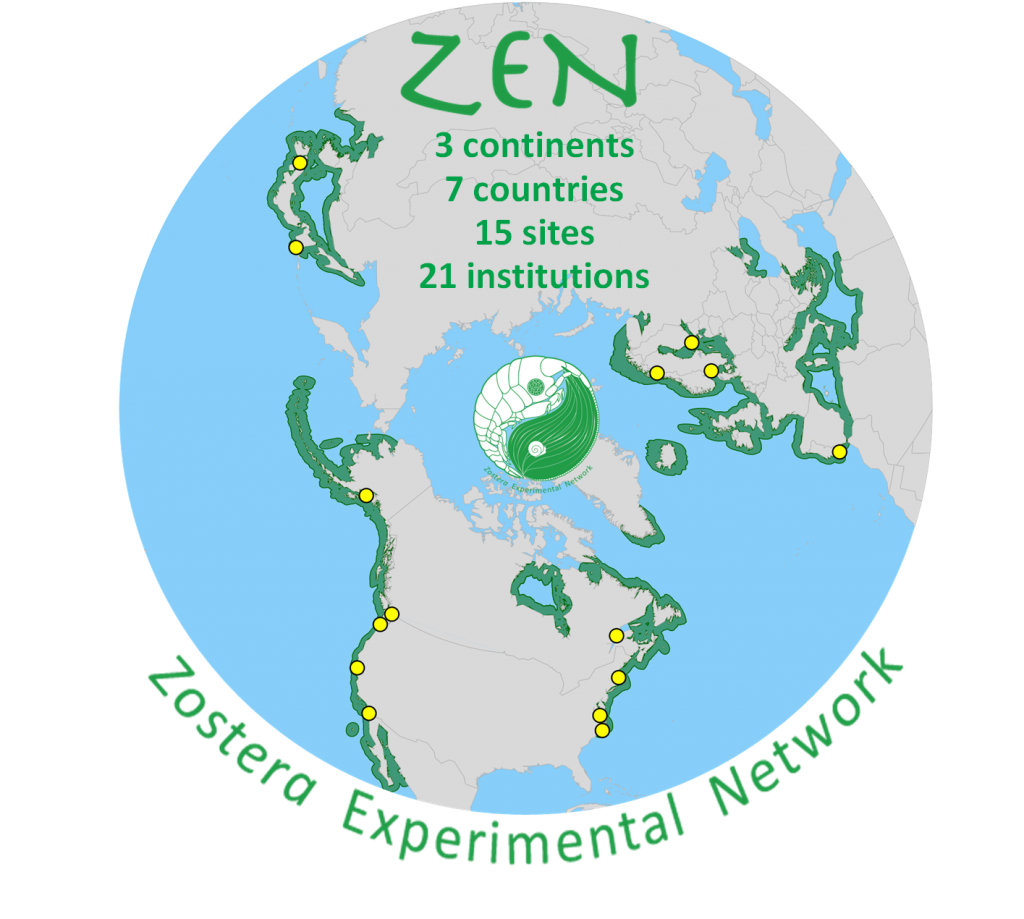
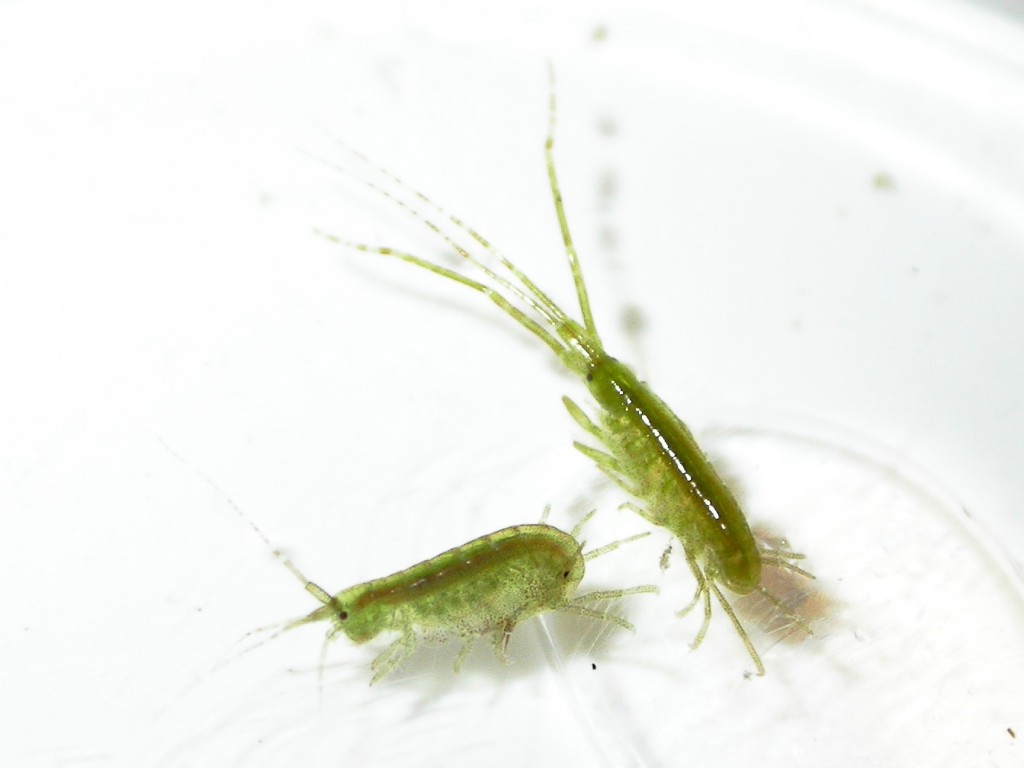
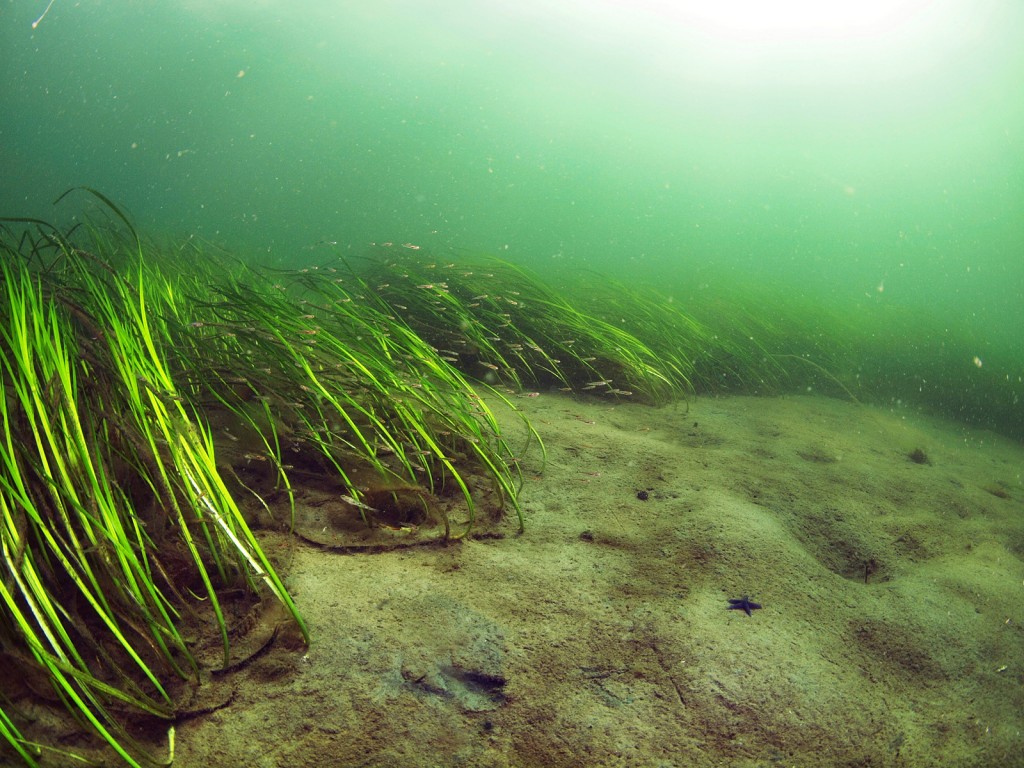
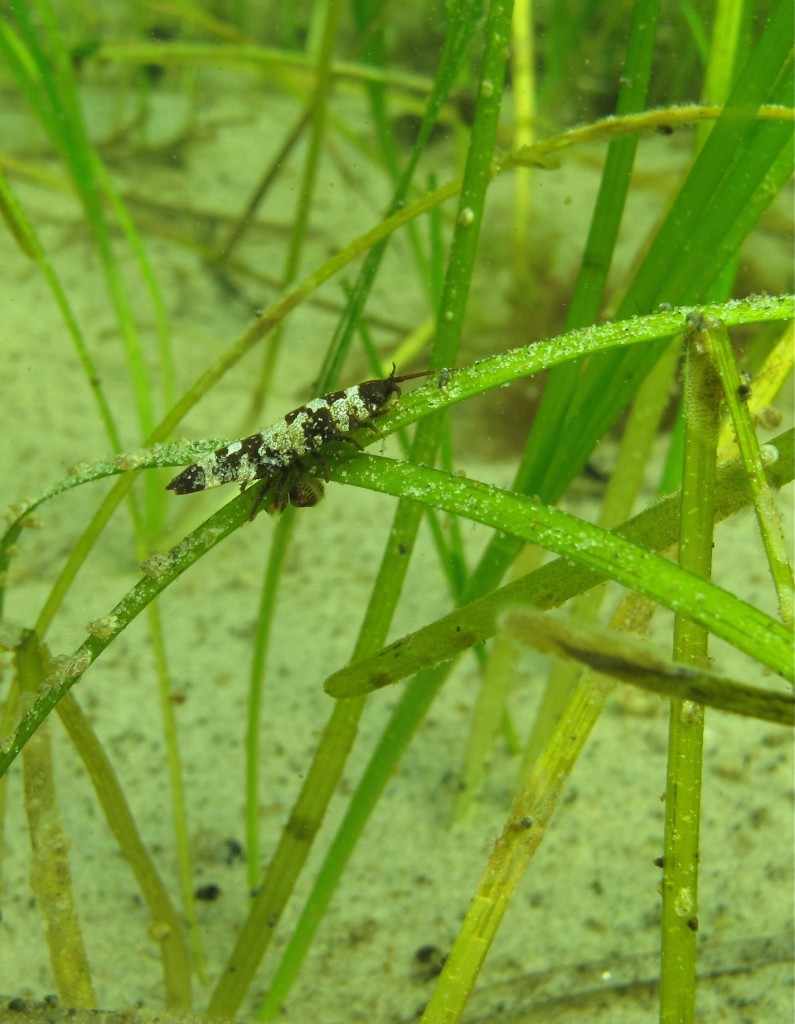
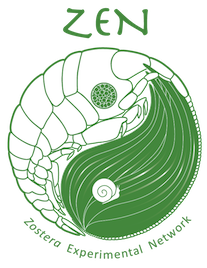
Comments are closed.